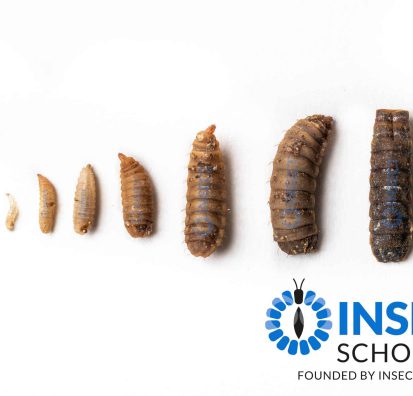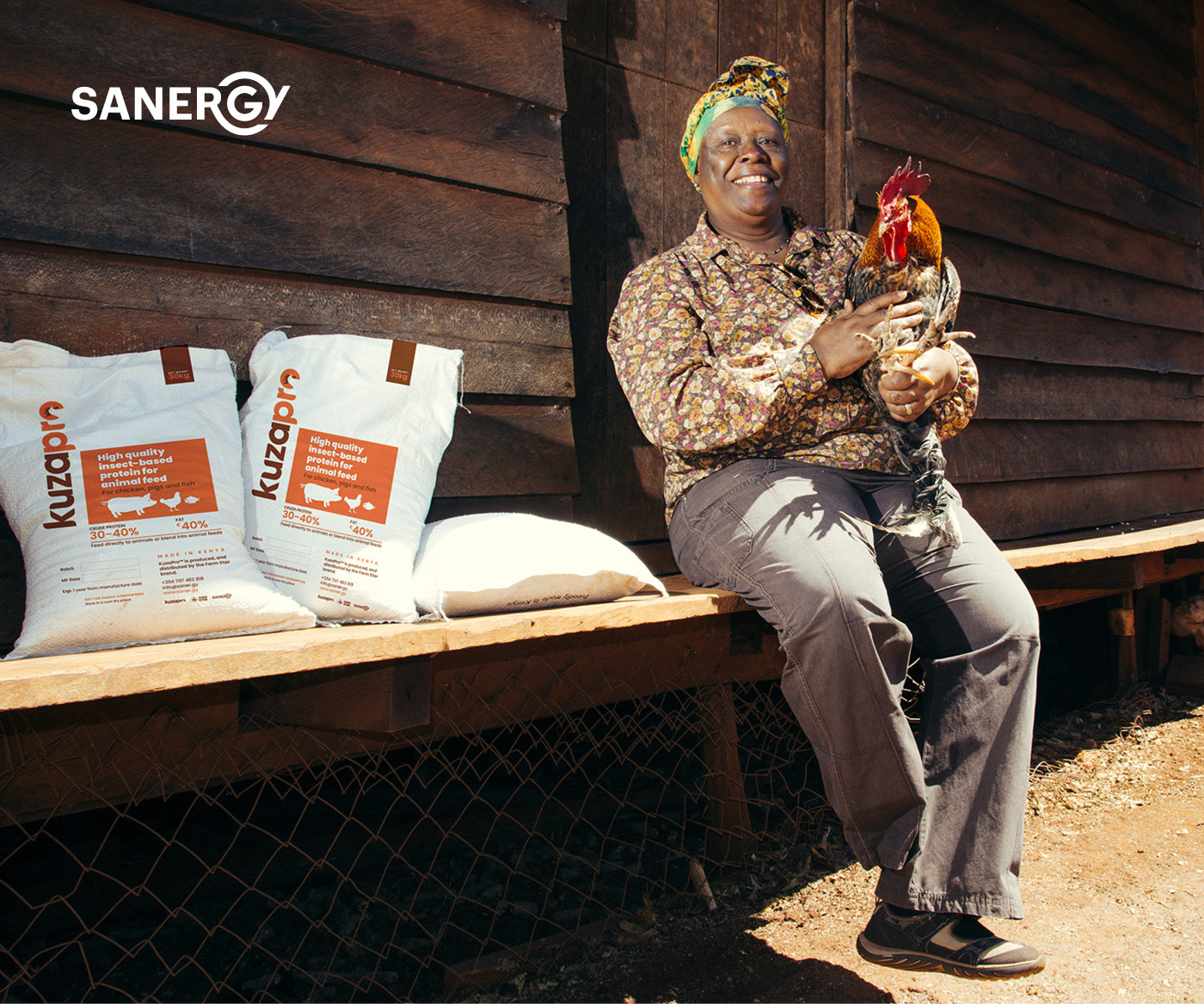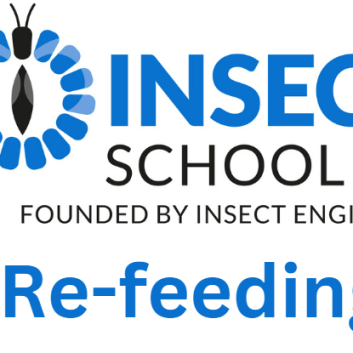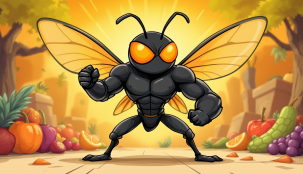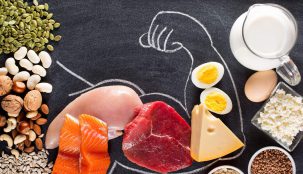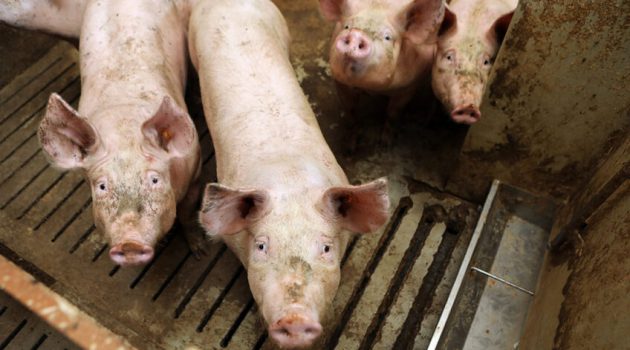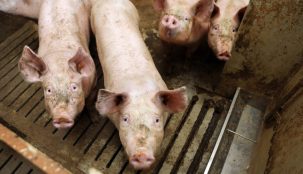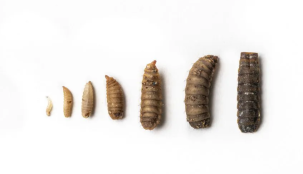Common Black Soldier Fly Larval Substrates in Western Europe

Common Black Soldier Fly Larval Substrates in Western Europe
Black Soldier Fly larvae are remarkable organisms known for their ability to consume a wide range of organic materials, making them invaluable for waste management and sustainable agriculture. In Western Europe, several substrates and raw materials are commonly used for BSF larvae production. These materials are typically co-products from various industries, providing a sustainable way to recycle organic waste. Below is an overview of some common substrates used for BSF larvae production in this region.
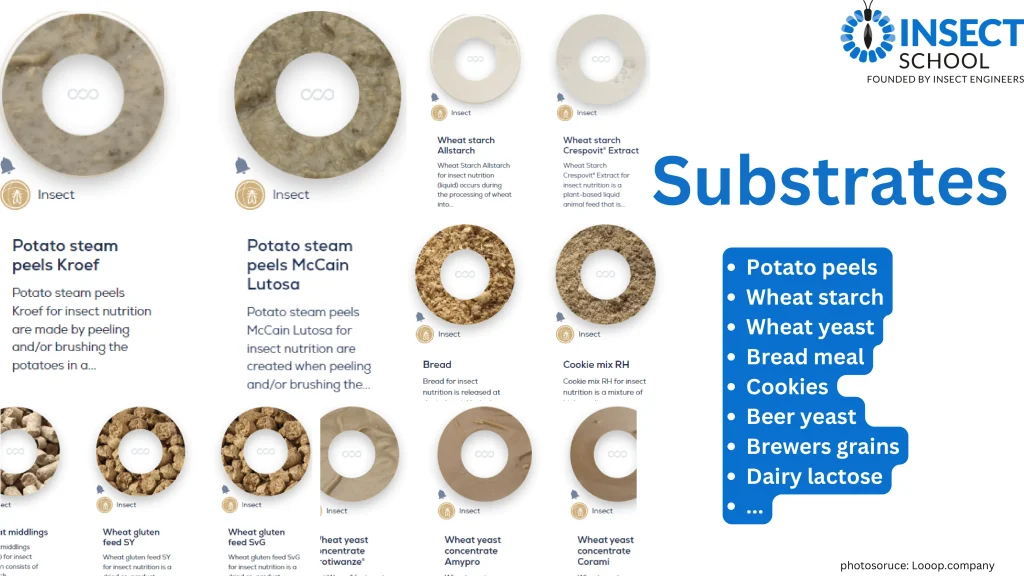
1) Fermentation Co-Products
Fermentation processes generate several co-products that are ideal for BSF larvae:
- Wheat Yeast Concentrate: A byproduct of wheat fermentation, rich in nutrients.
- Grains Residues from Bioethanol Extraction: These residues provide a nutrient-dense substrate for BSF larvae.
2) Wheat Co-Products
Wheat processing generates various co-products that can be used as substrates:
- Wheat Bran: The outer layer of the wheat kernel, high in fiber and nutrients.
- Wheat Gluten Feed: A byproduct of wheat gluten extraction, rich in protein.
- Wheat Starch: Provides carbohydrates essential for larval growth.
3) Brewery Co-Products
The brewing industry produces several co-products suitable for BSF larvae:
- Brewery’s Grains: Residual grains from the brewing process, rich in protein and fiber.
- Brewer’s Yeast: Yeast leftover from beer production, high in protein.
- Expired Beer: A liquid substrate that can be used to moisten other dry substrates.
4) Bakery Co-Products
Bakery waste offers a carbohydrate-rich substrate for BSF larvae:
- Waste Bread: Unsold or outdated bread, providing a substantial energy source.
- Cookies Mix: Unsalable or excess cookies, rich in sugars and fats.
5) Potato Co-Products
Potato processing yields several waste products that BSF larvae can digest:
- Potato Peels: The outer skins removed during processing.
- Fries Mix: Waste from French fries production.
- Potato Stack (Waste): General waste from potato processing.
- Potato Starch: A carbohydrate-rich byproduct.
6) Corn Co-Products
Corn processing co-products serve as excellent substrates:
- Corn Steeping Water: A nutrient-rich liquid from corn soaking.
- Corn Cob Mix: Residual cob material mixed with other byproducts.
- Maize-Distiller’s Dried Grains with Soluble (DDGS): A high-protein byproduct from ethanol production.
7) Dairy Co-Products
Dairy processing also provides substrates for BSF larvae:
- Whey: The liquid remaining after milk has been curdled and strained.
- Lactose Concentrate: A byproduct rich in lactose, providing energy.
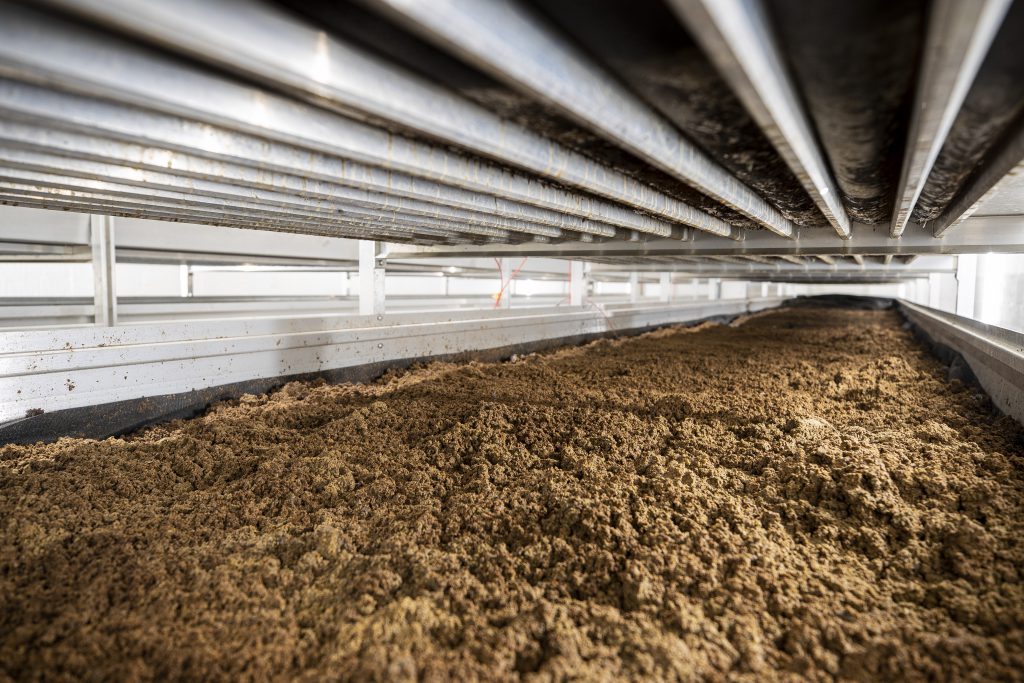
Exploring Substrate Suppliers in the Netherlands
In the Netherlands, there are suppliers that offer a wide range of substrates suitable for BSF larvae:
- Looop: A supplier that lists various substrates and raw materials for BSF larvae.
- Duynie: Another supplier providing an extensive selection of co-products for BSF larvae feed.
These suppliers play a crucial role in the circular economy by repurposing waste products into valuable feed for BSF larvae, contributing to sustainable agriculture and waste management.
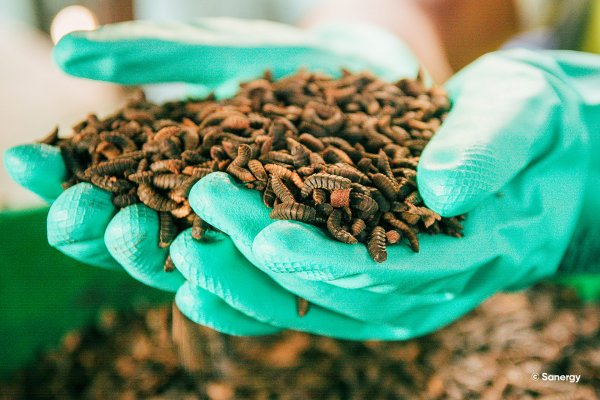
Conclusion
The use of BSF larvae to process organic waste is a sustainable solution embraced across Western Europe. By utilizing co-products from various industries, BSF larvae production not only helps in managing waste but also in producing valuable protein and fats for animal feed. As the demand for sustainable practices grows, the importance of efficient substrate use and supplier networks like those in the Netherlands will continue to rise, supporting a more circular and eco-friendly economy.
For more information about:
- Insect Bioconversion of Waste, please contact us at the Insect school. https://www.insectschool.com/
- Turnkey Insect Farms – https://www.insectengineers.com/bsfturnkey/production
- If you would like to book BSF industry keynote speaker Bob Holtermans for your event – https://www.insectengineers.com/about-us/speaker-bobholtermans
